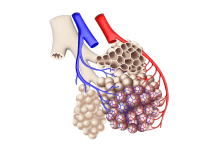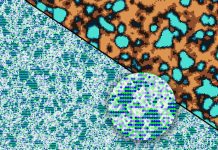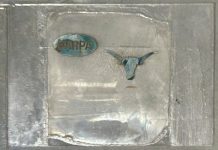
Japanese carmaker Daihatsu Motor Co has partnered with Stratasys to introduce a range of 3D printed “Effect Skins” for Daihatsu Copen’s front and rear bumpers and fenders that customers will be able to tailor to their own specifications and preferences.

Image credit: Business Wire
These Effect Skins – which come in 10 different colours – were designed by industrial design company Znug Design, Inc. and 3D creator Sun Junjie, and 3D printed with Stratasys Fortus 3D printers.
The skins will allow customers to adjust the parameters of the designs themselves, delivering on the 3D printing vision of mass customisation of end-use parts.
Daihatsu General Manager Osamu Fujishita said the Effect Skins were 3D printed on Fortus® Production 3D Printers from Stratasys using ASA thermoplastic which is very durable, UV resistant and aesthetic.
“What would have taken two to three months to develop can now be produced in two weeks,” Mr Fujishita said.
“We believe on-demand production [with 3D printing] offers definite benefits to supply chain efficiencies. And it allows easy access for customers.”
Mr Kota Nezu from Znug Design said the project demonstrated the superiority of 3D printing over traditional manufacturing methods when it comes to reducing costs, and especially when it comes to creating on-demand product parts with high customisability and rich design properties.
“This project would not have been possible with traditional manufacturing or tooling methods,” Mr Nezu pointed out.
According to Stratasys, the Effect Skin project is being tested in 2016 in select markets with plans for commercialisation in early 2017.


















